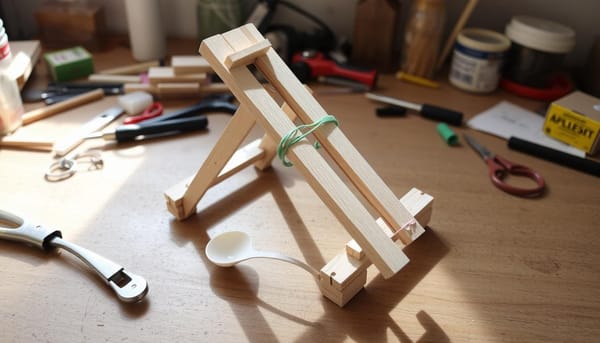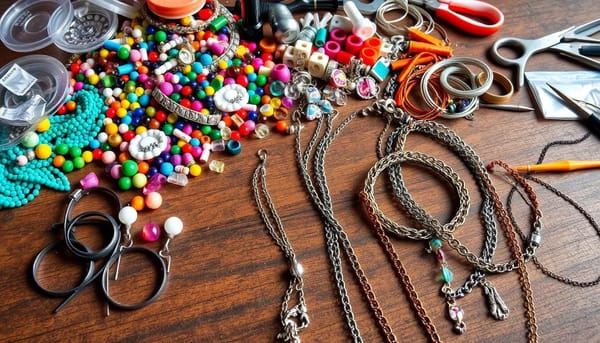Recover the Intimacy of Handwritten Notes with Bond

I went to a theater festival last week. It was, to say the least, non-standard; one of those deliberately last minute affairs that exist mostly for the hell of themselves, in which every ten-minute piece to hit the stage had been cobbled together by playwrights, directors, and actors who had met for the first time just 24 hours previously. It's also worth noting that they had also done most of their work while uproariously drunk. Hesitant though I am to admit that I was one of these absolute masochists, it's relevant to the story at hand: by the time I walked out of the venue that night, I had forgone sleep for a grand total of 42 hours, and as such, had promptly forgotten the content of most of the micro-masterpieces I'd just watched unfold onstage (including, yes, my own).
One of the only lines of dialogue to remain rattling around in my mind on the train ride home that evening was from a piece set in a futuristic cyberland: a dorky teenage robot, admonishing his human sister's note-taking whims, proclaimed that no member of their galatic federation-dealio had used real paper since the year 2027. For whatever reason, the notion stuck with me, and while on another train ride several days later, I saw an advertisement for Bond. Clearly, the universe was trying to get a message across, and I've never been one to butt heads with the cosmos.
Bond is a message-delivery service with the goal of revisiting those nigh-bygone days of handwriting and delivering a sentimental letter by hand, while still employing the technology available today to make the whole process as easy as one, two, three. Through the use of a home computer or smartphone, Bond customers simply type their desired message into the Bond system, and Bond will produce a personalized, handwritten note that's sure to steal the position of pride on the mantle from any mass-printed greeting card. The thematically resonant aspect of it all? The notes are written by robots.
These automoton penmanship masters hold actual pens to paper, but not too rigidly, creating an end-result that's as varied and nuanced as actual human handwriting - and in plenty of cases, a lot more legible. Currently, they use a 0.7mm navy-blue ink, chosen by Bond's experts for its long-lasting and smear-proof qualities.
This innovative service is offered to both individuals and businesses that wish to go above and beyond in engaging their network in a meaningful, intimate manner. Bond also offers the option to include inserts or gifts alongside their notes with the invite-only Bond Black service, an exclusive tier available only to high profile business leaders. But never fear. For those of us who aren't fending off requests for Forbes interviews left, right, and center, there are plenty of options too.
Bond users are invited to select the service plan that works best for them. At present, there are three available levels to pick from, all of which include stationary, envelopes, and domestic shipping: there's Casual, which allows users to send notes individually, create stationary or choose from Bond's ready-made designs, choose from 15 distinctive handwriting styles, add to or manage a personal contact list, and schedule deliveries; Refined, which costs slightly less than the $5 Casual note and includes all the Casual service's benefits, with the addition of signature and handwriting digitization packages and the ability to send multiple notes at once; and the white-glove Professional level, which includes all of the above-mentioned features as well as account management and data normalization options, plus international shipping.
Each Bond note is created over the course of two working days after the initial order is placed, with the job then falling, quite traditionally, to the USPS to take care of its delivery in the standard two to three days. All Bond notes originate in their New York and Clarksville, Tennessee offices.
There's no real way to predict what the future holds. We're going to need to wait until the year 2027 to confirm if there was any truth to that nerdy robot's shrill recollections. But if, as time goes by, groups such as Bond continue to modernize our day to day yet uphold the values of the way we live that day to day, it's safe to say that tomorrow is in good hands (with excellent penmanship, at that).
Fyxes
Thoughts, stories and ideas.




